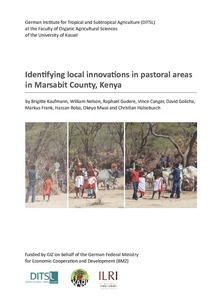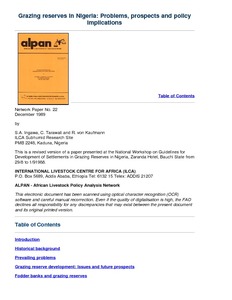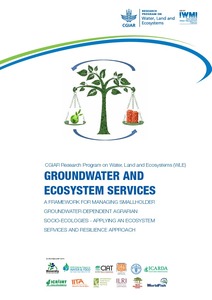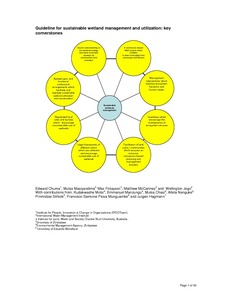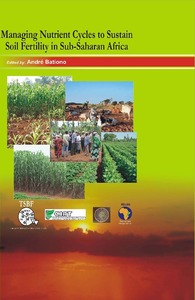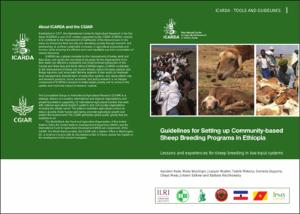Identifying determinants, pressures and trade-offs of crop residue use in mixed smallholder farms in Sub-Saharan Africa and South Asia
Crop residues (CR) have become a limited resource in mixed crop-livestock farms. As a result of the increasing demand and low availability of alternative resources, CR became an essential resource for household activities, especially for livestock keeping; a major livelihood element of smallholder farmers in the developing world. Farmers’ decisions on CR use are determined by farmers’ preferences, total crop production, availability of alternative resources and demand for CR. Interaction of these determinants can result in pressures and trade-offs of CR use.



